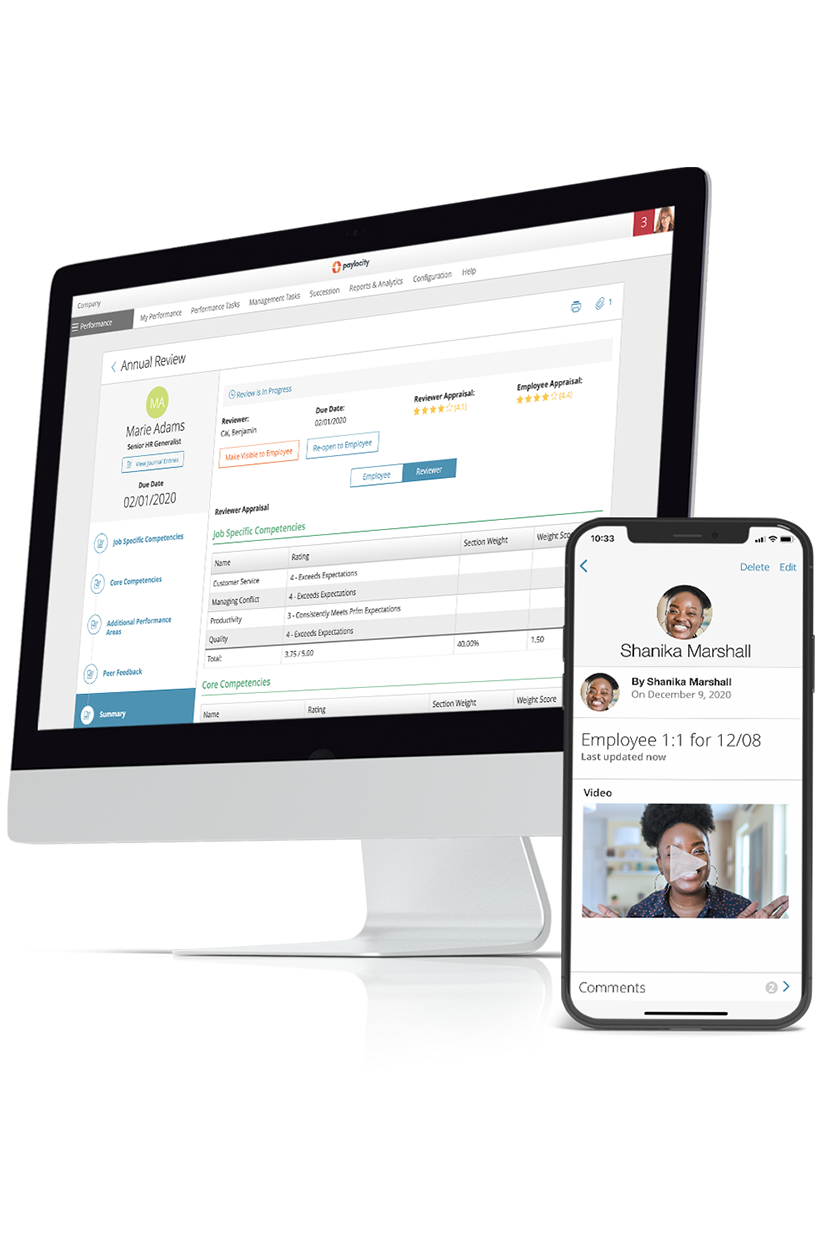What is an Exit Interview?
An exit interview is a structured conversation between an organization and a departing employee. It’s intended to tie up any administrative loose ends and give the employee a platform to provide feedback.
This dialogue is designed to gather insights about the employee's experiences within the company, encompassing aspects such as job satisfaction, workplace environment, management effectiveness, and company culture.
Importantly, exit interviews offer organizations a strategic opportunity to gain a clearer understanding of their internal operations from an employee's perspective. This feedback mechanism is instrumental in uncovering underlying issues, recognizing patterns of concern, and acknowledging organizational strengths from a firsthand viewpoint.
Why Do HR Managers Conduct Exit Interviews?
HR (as opposed to an employee’s direct supervisor) is usually responsible for conducting the exit interview to help ensure neutrality. It's all about creating a safe space where a departing employee can talk about sensitive matters without any side-eye.
This approach minimizes potential biases and encourages departing employees to be more open and honest in their feedback. When HR leads the interview, employees may feel more comfortable discussing topics without fear of reprisal.
HR professionals are also better equipped to understand feedback within the broader context of organizational dynamics. This expertise allows them to extract actionable insights from the interviews, which might not be as effectively achieved by a direct manager, who may be more focused on the specifics of the employee's role or departmental issues.
Are Exit Interviews Mandatory?
Exit interviews are a routine step in the employee lifecycle, but they’re only mandatory if your organization deems it necessary.
Even then, you’d be hard-pressed to enforce them on every departing worker, so it’s best to encourage them for team members who leave voluntarily. In other words, they’re less likely to be worthwhile when used on those being terminated for other reasons.
Are Exit Interviews Confidential?
Like the choice to mandate them or not, employers aren’t required to make exit interviews confidential. But it’s strongly recommended that they do so in the same way as employee engagement surveys and other feedback forms.
Outline this in your employee handbook to encourage exiting employees to use the opportunity to voice their opinions. Detail who'll conduct interviews and what processes are in place to ensure confidentiality.
7 Benefits of Exit Interviews
Exit interviews are an excellent way to turn lemons into lemonade. Here are seven benefits for businesses that put them into practice:
- Insight into organizational and cultural issues. Provided they don’t fear the consequences, departing employees can offer you vital information on what is and isn’t working in your company.
- Improved retention. Leavers shine a spotlight on problem areas and can suggest solutions to improve the employee experience and increase retention.
- Reduced hiring and onboarding costs. Using exit interview insights to improve retention can save companies hundreds of thousands of dollars in the long run.
- Informs workforce planning. Interview data can also help HR identify concerning trends among exiting employees and stay on top of skills gaps or workforce shortages.
- More referrals and better networking. Employees that leave on a positive note are more likely to send some recruits your way.
- An improved employer brand. Tying up loose ends goes a long way toward improving your reputation as an employer. Even if not every departing employee becomes a promoter of your company, they’re less likely to be detractors.
How to Prepare for an Exit Interview
Here's how to gear up for an exit conversation that’s as productive as it is a farewell.
- Review the employee’s file. First, familiarize yourself with the employee’s work history. Be prepared for any issues or prominent topics that might come up with corresponding positive moments or milestones.
- Reach out beforehand. Prepare interviewees to get the most out of the experience. Communicate ahead of time that the exit interview is to be open, confidential, and opinion-based.
- Use standardized questions. Create a universal set of exit interview questions to help maintain a consistent experience and a more usable data set.
Exit Interview Best Practices
While most team members will be happy to have an amicable conversation, conducting an exit interview isn’t always a walk in the park. Here are a few best practices to help make sure things go smoothly.
Schedule Exit Interviews Ahead of Time
Whether you make a phone call or send an email, reach out to your departing employee to formally schedule their exit interviews. This gives you a chance to communicate the purpose of the meeting and answer any questions beforehand.



